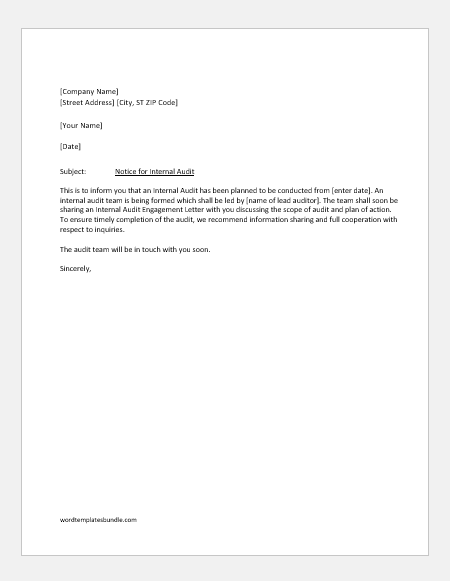
Unnecessary sensitive data should be properly destroyed regularly. Proper internal controls must be in place to safeguard all personally identifiable data. Inadequate Security of Electronic Sensitive Data Rates must be consistently applied to all users of the facility to ensure fair and accurate charging of federal projects. Use of the University’s cost model helps to develop rates while factoring in all costs to operate and subsidies received.

Recharge centers often charge back federally funded research projects, thus it’s important to develop a rate that can be validated to actual costs and that does not generate an inappropriate surplus for the center. Additionally, card holders should complete periodic card inventories to ensure all cards in possession are appropriately accounted forįailure to Use the University’s Cost Model Vincent activity should be reconciled not just to the level reports, but to participant logs by someone familiar with the study and independent of card loading responsibility. Lack of Vincent Reconciliations and Card Inventory If unallowable expenses exist, they must be removed from the sponsored project regardless of untimeliness. Under University policy, cost transfers must be processed within ninety days from the date of expenditure. Untimely Cost Transfer for Sponsored Projects 15 The five key elements, or attributes that should be addressed when presenting an audit finding, are described in figure 2. Audit findings are provided in the audit report when action is required to correct a deficiency in a process or its related controls. Refer to University Guidelines on Allowability of Costs Any shortcomings found at audit are reported as findings, and they are as follows: Severity Level 1 Finding. Findings, Conclusions and Recommendations. Each expenditure must be reasonable, allowable, allocable, and consistently accounted for. Did you have a finding turn up in your SOC audit Learn about why remediation is important every time, when you should do that, and what you can do in the.

Uniform Guidance outlines expenses that are allowable and unallowable using funds from federal grants and contracts. Cash-on-hand should be deposited on a daily basis when receipts exceed $250 or otherwise weekly. When Audit Findings Go Ignored - Internal Audit 360 When Audit Findings Go Ignored On MaBy Karen Kroll F or internal auditors, there may be nothing as frustrating as going back to an audit and finding the same deficiencies and problems year after year, audit after audit. Cash should never be left unsecured, and only certain qualified individuals should be granted access to registers, safes and cash boxes. A separate individual should be in charge of each aspect of this process, eliminating exclusive control over the asset.īecause cash is a very liquid asset, strong controls are critical. This concept can be broken down into four categories: authorization, custody, record keeping and reconciliation. No single employee should have complete control over all components of a transaction. Segregation of duties is a type of internal control created to prevent or reduce the occurrence of omissive errors or fraud. The ability to digitally oversee findings. Common audit findings include: Improper Segregation of Duties The audit finding management solution is an efficient tool to manage and administer an audit compliance program. Per these requirements, auditee's prepare for inclusion in the Single Audit report: Schedule of Expenditures of Federal Awards (SEFA), note disclosures, corrective action plans, and summary schedule of prior audit findings.Findings usually identify a problem related to non-compliance with University policies and procedures, governmental regulations, operating efficiencies or an improvement from an overall business perspective. The Single Audit requirements can be found in Subpart F of the 2 Code of Federal Regulations Part 200 also referred to as Uniform Guidance. The Single Audits must be submitted to the Federal Audit Clearinghouse along with a data collection form, Form SF-SAC. The Single Audit Act requires these audits, referred to as “single audits” to be conducted by an independent auditor. Single Audit Act Amendments of 1996 were enacted to streamline and improve the effectiveness of audits of federal awards expended by non-federal entities, as well as to reduce audit burden.

The Single Audit Act of 1984 standardized audit requirements for states, local governments, and Indian tribal governments that receive and use federal financial assistance programs. It is intended to provide assurance to the Federal Government that a non-federal entity has adequate internal controls in place and is generally in compliance with program requirements. The Single Audit is an entity-wide financial statement and federal awards' audit of a non-federal entity that expends $750,000 or more in federal financial assistance in one year.


 0 kommentar(er)
0 kommentar(er)
